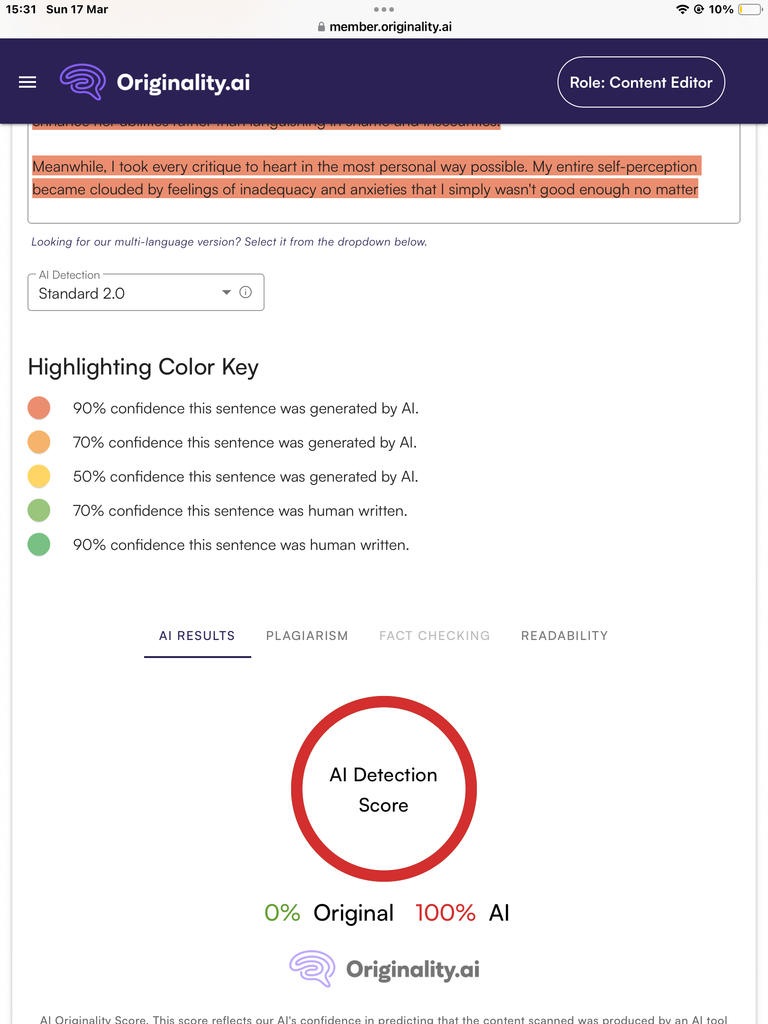The Armor of Self-Assurance

Watching Esther handle criticism with such grace and poise made me increasingly self-conscious about my own inability to let negative feedback roll off my back. I studied her mannerisms closely, determined to adopt her carefree demeanor when faced with judgments or critiques.
In group settings, while I tensed up the moment assessments of my work began, Esther stayed calm and composed. She listened intently with a neutral expression, not getting defensive. Afterwards, she would simply thank people for their insights and move on without overthinking it or getting trapped in hurt feelings.
I marveled at how easily she could separate evaluations of her efforts from commentaries on her self-worth as a person. The criticisms never seemed to rattle her confidence or prompt self-doubt. I leaked anxious energy, while she remained solidly grounded.
Outside of group situations, I noticed how Esther was to implement changes based on the constructive feedback she received, almost as if she were eager to improve and saw the guidance as a positive opportunity. Conversely, I often let critiques fester in my mind, feeling paralyzed and ashamed rather than motivated to address areas that needed work.
It became clear that Esther's Zen-like unruffled attitude stemmed from her robust sense of self-acceptance. She didn't derive her entire identity from external validation, but valued herself intrinsically beyond just skills or talents. Criticism couldn't undermine that solid foundation of self-love.
Whereas for me, it felt like every critique chipped away at my fragile self-esteem and made me question my self-worth. Without that bedrock inner-confidence, even well-intended feedback sparked intense self-criticism and feelings of ineptitude.
The more I compared our contrasting mentalities, the more I realized Esther had mastered the art of separating situational failures from her entire being. An underwhelming performance or project didn't make her a failure across the board as a person. This afforded her the mental clarity to actually learn and enhance her abilities rather than languishing in shame and insecurities.
Meanwhile, I took every critique to heart in the most personal way possible. My entire self-perception became clouded by feelings of inadequacy and anxieties that I simply wasn't good enough no matter how hard I tried. This mindset kept me trapped, unable to adopt the casual, unflustered approach to feedback.
Clearly, developing thicker skin towards criticism required much more than mental toughness - it necessitated cultivating an unshakable sense of intrinsic self-love independent of external opinions. Only then could I stay centered and open to self-improvement without making criticism the barometer of my self-worth.
By observing and learning from Esther's balanced, self-assured mentality around critique, I felt empowered to embark on that difficult but vital inner work to build impervious self-acceptance and confidence. Her duck feather attitudes may have once triggered envy, but now served as aspirational inspiration for me to finally let unwarranted negativity roll off my back for good.
Thank you for reading my post

